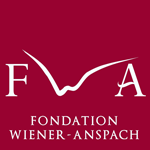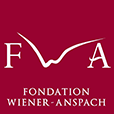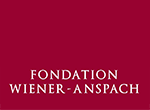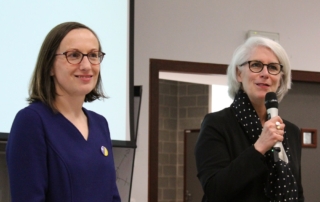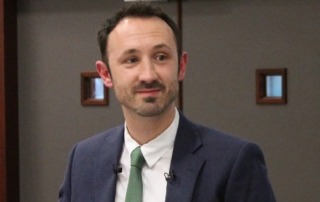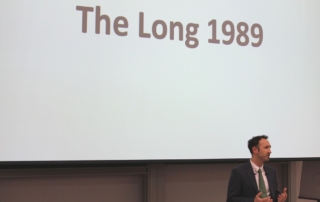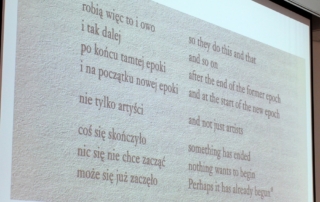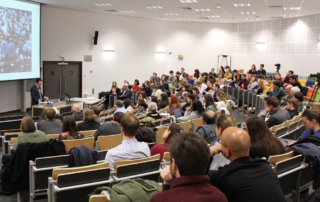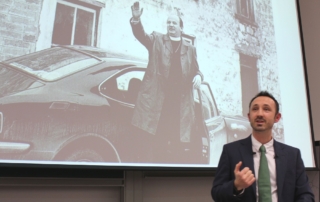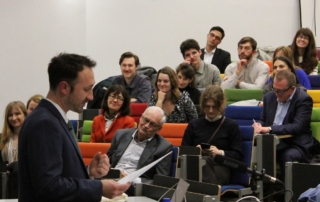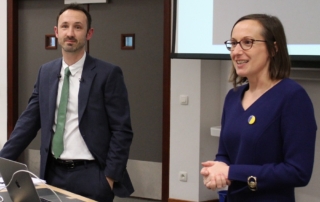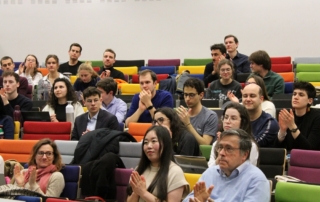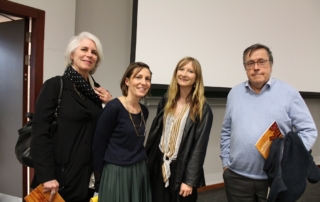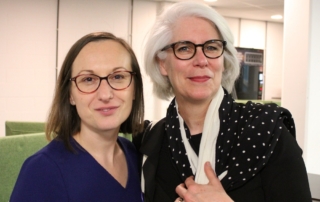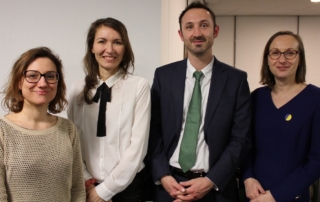Chaire 2022 – 2023
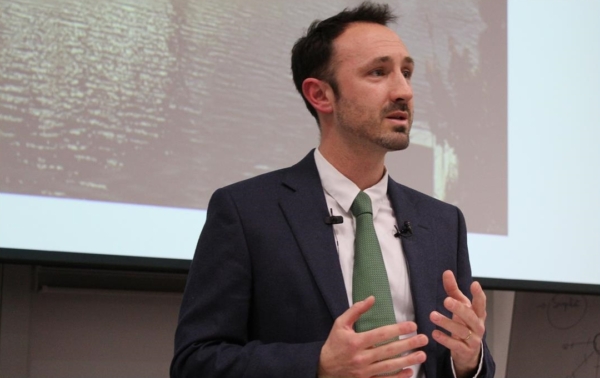
En 2022-2023 la Chaire Ganshof van der Meersch a été occupée par Chris Bickerton, Professor in Modern European Politics à l’Université de Cambridge et Official Fellow de Queens’ College, Cambridge.
Après des études à Oxford et Genève, Chris Bickerton a enseigné à l’Université d’Oxford, à Amsterdam et à Sciences Po (Paris). Dans ses recherches, il s’est intéressé à différents aspects de la politique européenne contemporaine, notamment l’intégration européenne et les transformations au sein des démocraties du continent. Son livre European Integration: From Nation States to Member States (Oxford University Press 2012) a reçu le Best Book Prize de la University Association of Contemporary European Studies. Il a publié en 2016 The European Union: A Citizen’s Guide (Penguin) et en 2021, avec Carlo Invernizzi Accetti, Technopopulism: The New Logic of Democratic Politics (Oxford University Press). Chris Bickerton est professeur invité au Collège d’Europe (Bruges) et à Paris 1-Sorbonne (en 2023). Il collabore régulièrement avec la presse internationale, notamment le New York Times, le Financial Times, le Guardian et Le Monde diplomatique.
Dans le cadre de la Chaire, le Prof. Bickerton a donné un cours intitulé « Au bord du gouffre : Histoire de l’Europe depuis 1989 ». Il a également donné une leçon publique intitulée « The long 1989 », qui s’est tenue le 30 mars 2023.
Abstract de la leçon
Writing contemporary history is challenging at the best of times. Doing so in the midst of a polycrisis is even more so. As European standards of living fall and as war returns to the very heart of the continent, it is inevitable that a history of Europe since 1989 will be written rather differently. What should we make of Europe’s long period of relative demilitarization when it ends so abruptly and brutally? Should we revise our understanding of Europe’s economic development in the late 20th and early 21st century knowing that by the end of the 2010s Europe is marked by widespread industrial action? This lecture will look back at Europe since 1989, identifying the main trends and themes but also reflecting on how current events are forcing a significant reassessment of Europe’s political, social and economic development since the end of the Cold War.
